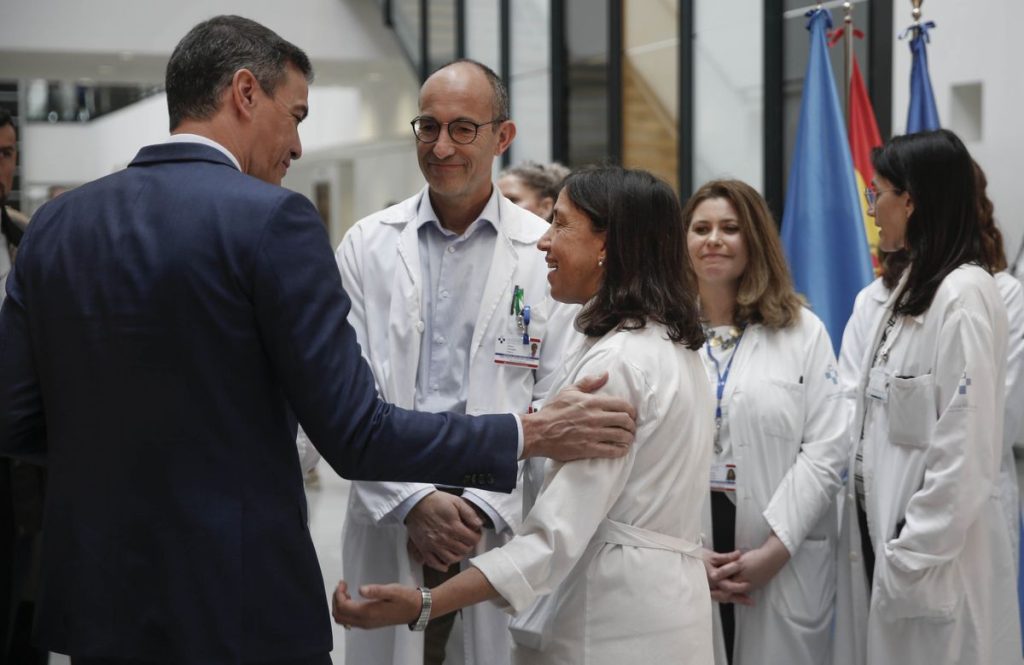The escalation of the conflict following Iran’s attack on Israel is causing concern in La Moncloa, as well as in all European foreign ministries, which have been in contact over the weekend to analyze the situation. However, this does not change the roadmap that Pedro Sánchez has designed, with the central milestone being the recognition of Palestine as a state. The president of the Government has made his decision and is sticking to it. The plans remain unchanged and there will be a significant moment this Thursday, symbolically speaking. The presidency of the Security Council, which this month belongs to Malta, one of the four European countries that signed a commitment with Spain to recognize Palestine, has decided to bring the issue to the meeting of this organism in New York on Thursday. Spain, through its Foreign Minister, has requested to speak in defense of Palestine’s recognition as a full member of the UN.
The next step would be to bring this request to a vote in the General Assembly, where Spain could vote in favor along with a large group of countries. Spain aims to support the entry of Palestine as a sovereign state into the United Nations, as it believes this is the best solution for peace and stability in the Middle East. While the legal impact of this recognition may be minimal due to the US veto in the Security Council, it holds significant symbolic value. Prime Minister Sánchez wants to show that Spain is not alone in this position and has the support of several European allies and over a hundred countries worldwide. Following the Security Council meeting on Thursday, Spain will be prepared to formally present the recognition of Palestine to the Council of Ministers at any time.
Prime Minister Sánchez has firmly condemned Iran’s attack on Israel and continues to demand the unconditional release of Israeli hostages held by Hamas. He also advocates for Israel’s right to defense, as long as it respects international humanitarian law, which La Moncloa believes Israel has violated. During his recent visit to the region, Sánchez expressed concern about the potential regional escalation of the conflict and is now counting on US pressure to persuade Israeli Prime Minister Benjamin Netanyahu to avoid a brutal response that could lead to a regional war. While there is concern in the Spanish Government about Netanyahu’s actions and disagreements with Sánchez, they trust that pressure from the US and other European countries appalled by the indiscriminate bombing in Gaza will influence the Israeli Prime Minister’s decisions.
The timeline for the recognition of Palestine is still in flux, with no specific dates being mentioned by La Moncloa. The recent debate in Congress clarified that while the PP cannot outright reject recognition due to historical alignment, they oppose the timing as premature. Sánchez believes that this is a move supported by Palestinians, Arab countries, and many nations worldwide, serving as a significant pressure point on Israel. The Spanish Government remains focused on avoiding further escalation in the conflict and hopes for a peaceful resolution backed by international support. The coming days will be crucial in determining the course of action, with Spain aiming to showcase unity among allies and raising awareness about the need for diplomatic solutions in the region.


